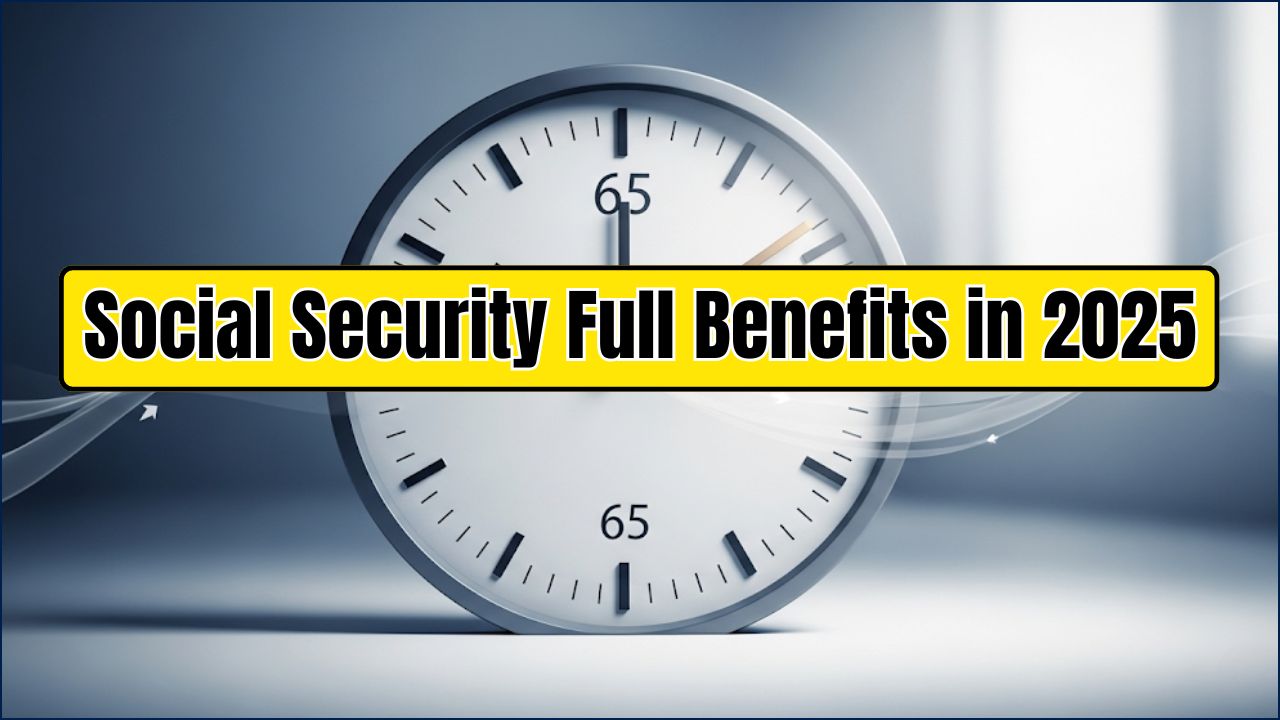If you’ve been hearing that “WASPI Women will receive £2950”, you might think the money is already on its way. Truth is, the story is a lot more complicated — and the real answer is both hopeful and frustrating.

This issue goes back decades, involves millions of women, and is a lesson in how government policy can impact everyday lives — in ways that can feel a little like a broken promise. Let’s break it down, plain and simple, so you know what’s fact, what’s rumor, and what’s next.
WASPI Women to Receive £2950
| Topic | Details |
|---|---|
| Who’s Involved | WASPI: Women Against State Pension Inequality — UK women born in the 1950s affected by state pension age changes. |
| Ombudsman Recommendation | Parliamentary & Health Service Ombudsman (PHSO) suggested £1,000–£2950 per woman. |
| Government Response | No confirmed payouts as of August 2025; government has not agreed to implement payments. |
| Number of Women Affected | Around 3.8 million women in the UK. |
| Why the Compensation | Poor communication from DWP when pension age changes were introduced, causing financial hardship. |
| Scam Warning | No official scheme exists yet — beware of websites or calls claiming to offer instant payouts. |
The £2950 figure is real — but it’s not in your bank account yet, and it won’t be unless Parliament approves it. The WASPI fight is as much about fairness and accountability as it is about money.
Until the government moves, the best thing you can do is stay informed, avoid scams, and prepare your documents. When — or if — this payout comes, you’ll be ready to claim what’s rightfully yours.
What Is WASPI and Why Does It Matter?
WASPI stands for Women Against State Pension Inequality. It’s a campaign group formed to fight for women born in the 1950s who were hit hard by sudden changes to the UK state pension age.
Here’s the short version:
- In 1995, the UK government passed a law to raise the women’s retirement age from 60 to 65, bringing it in line with men.
- In 2011, the timeline was pushed even faster, meaning some women’s retirement age jumped almost overnight.
- Millions didn’t find out until it was too late to plan — because the Department for Work and Pensions (DWP) failed to properly notify them.
Many women ended up losing up to six years of expected pension income — forcing them into debt, into low-paid jobs, or to burn through savings.
The £2950 Figure — Truth vs. Myth
The number comes from a March 2024 recommendation by the Parliamentary and Health Service Ombudsman (PHSO). It suggested compensation ranging from £1,000 to £2,950 per woman, depending on personal impact.
Reality check:
- The recommendation is not legally binding.
- The UK government has not approved any payments.
- As of August 2025, there’s no official scheme in place.
If approved, it could cost taxpayers over £11 billion — a big reason why ministers have been dragging their feet.
The Human Side — Real Stories
- Margaret, 64: Worked as a school secretary, planned to retire at 60. Found out at 59 she had to wait another six years. “I’d budgeted for years based on the wrong age. It felt like the rug was pulled from under me.”
- Eileen, 66: Took care of her sick husband, relied on early pension income that never came. “We had to sell the house and move into a smaller flat. It wasn’t just money — it was our security.”
These stories are common among the 3.8 million women affected. For many, this isn’t just about pounds and pence — it’s about trust in the system.
Scam Warnings — Don’t Get Caught
Where there’s talk of free money, scammers swoop in. The UK government has already flagged fake emails, calls, and websites claiming to “fast-track” WASPI payouts.
Remember:
- No official claim form exists yet.
- No government department is contacting individuals for bank details.
- The safest info is from waspi.co.uk or gov.uk.
If You’re Affected — Here’s Your Action Plan
1. Stay Informed
- Bookmark the WASPI campaign page and sign up for updates.
2. Organize Your Paperwork
- Proof of birth date, National Insurance records, and any letters from DWP.
3. Don’t Pay for Help
- Avoid “claim assistance” services — nothing to claim yet.
4. Prepare Financially
- Use the UK State Pension Forecast tool to plan ahead.
Possible Payment Scenarios
If Parliament approves compensation, here’s how it might look:
| Impact Level | Proposed Payout | Estimated Total Cost |
|---|---|---|
| Lower impact | £1,000 | £3.8 billion |
| Medium impact | £1,500 | £5.7 billion |
| High impact | £2,950 | £11.2 billion |
This is why the political debate is so heated — it’s not just about fairness, it’s about one of the largest compensation bills in UK history.
The Legal Fight — Where It Stands
The WASPI campaign has taken the government to court. In 2025, they won a costs-capping order, limiting their liability to £60,000 if they lose. If they win, the DWP’s liability is capped at £90,000 in legal fees.
While that’s not a victory on the main issue, it means they can keep fighting without financial ruin.
How This Compares to the US
This kind of pension dispute isn’t just a UK problem. In the US, public sector pension reforms — like in Illinois and New Jersey — have faced similar backlash when promised benefits were delayed or reduced. The key difference? In most US states, pension promises have constitutional protections — in the UK, Parliament can change the rules with a majority vote.
Before vs. After: The State Pension Age Changes
| What Changed? | Before the 1995 Pensions Act | After the 1995 & 2011 Pensions Acts |
| State Pension Age for Women | 60 | Gradually increased to 65, then to 66 |
| Notice Period | Women planned their retirement based on retiring at 60 | Many women received little or no notice, sometimes just a few years before their expected retirement date |
| Financial Impact | Women could retire at 60 and begin receiving their state pension. | Many women had to work for several more years than planned, or face financial hardship and debt. |
What Happens Next
- Parliament Debate — MPs could take up the Ombudsman’s recommendation later this year.
- Possible Scheme Design — If approved, DWP will outline eligibility and payment process.
- Application Period — Likely 6–12 months for women to submit claims.
- Payments Begin — Could take another year after approval.
FAQs
Q: When will WASPI women get the £2,950?
A: No date yet. Parliament hasn’t approved the payments.
Q: Will everyone get the same amount?
A: No — it’s a range of £1,000–£2,950 depending on circumstances.
Q: Is there a claim form?
A: No, and any site offering one now is likely a scam.
Q: How many women are affected?
A: About 3.8 million across the UK.













